Anti-FGM campaigner Khadija Gbla was born in Sierra Leone and resettled in Australia with her family as a teenager. Khadija survived female genital mutilation (FGM) at the age of nine.
“I was three years old when the war started in Sierra Leone. My family escaped to Gambia where I spent my childhood, and 10 years later we came to Adelaide, South Australia as refugees.
I remember that, while I was grateful to arrive in Australia, the transition from Africa to Australia was very difficult. I experienced racism, I got sick and had post-traumatic stress disorder.
Volunteering as catharsis
As a way to cope I threw myself into education and volunteering. With my work I found focus.
“As a student I soon discovered I had a unique talent: the ability to translate across two very different cultures.”
I began volunteering for Women’s Health Statewide, a service that helps women with their health and wellbeing needs. This is where I started talking to health professionals about female genital mutilation (FGM) — helping them understand what it is, where it happens, the cultural beliefs that surround it and how to tackle it.
It’s estimated that more than 200,000 women in Australia have experienced female genital mutilation; I’m one of them.
At every stage of your life it [FGM] impacts you; every woman has her own shame and isolation in her experience. I want people to know how terrible this is, what a violation of women and girl rights. There is so much education that needs to be done. It’s up to us to end this human rights violation.
Establishing my business
I’ve now established a business, Khadija Gbla Cultural Consultancy, which provides cultural competency training for organisations and keynote speaking. I’ve also started No FGM Australia, a not-for-profit which aims to protects girls from female genital mutilation and supports women affected through advocacy, policy, child protection, women’s health and FGM training for organisations.
“I don’t like walking around being the face of FGM. I’d rather be the face of lipstick, because I have nice lips; but ending FGM is of the utmost importance.”
It’s essential that we raise awareness about sexual and mental health issues among girls and women from our new and emerging communities. It’s not always easy to discuss these things with newly-arrived refugees, but it’s important and I have worked hard to organise my community. It ends with me. It ends with our generation. If I have a daughter or daughters, this is not going to continue.
Recognition
In 2011 I was honoured to be named Young South Australian of the Year and as a finalist for young Australian of the Year.
I’ve been fortunate to travel all over the world to advocate for women who have experienced FGM. I’ve represented Australia at the Harvard National Model United Nations, Commonwealth Youth Forum and the Australian and Africa Dialogue, and speak regularly at events to make sure that the experiences and voices of our diverse communities are heard.
I did a Ted Talk about FGM, ‘My mother’s strange definition of empowerment’, and it now has over 2 million views and has inspired many people to take action on the issue.
Looking forward
Currently I’m in partnership with Dr Fariba Behnia Wilson to create a Desert Flower centre in Adelaide to provide holistic medical care for survivors of FGM in Australia.
When I look back over my re-settlement journey as a refugee with my family, I see the power of communities and neighbourhoods in being able to make the life of a refugee so much easier in their first years in Australia.
New initiatives like fairer community sponsorship would help the two-way communication essential to us all getting along. This was critical for me. Sponsorship is not just a way to bring refugees safely to Australia, it is also a way the community can lead in building a more empathetic and healthy society.
Khadija Gbla is an advocate for women’s health rights in Australia – working to ensure other young women don’t ever have to go through what she experienced.
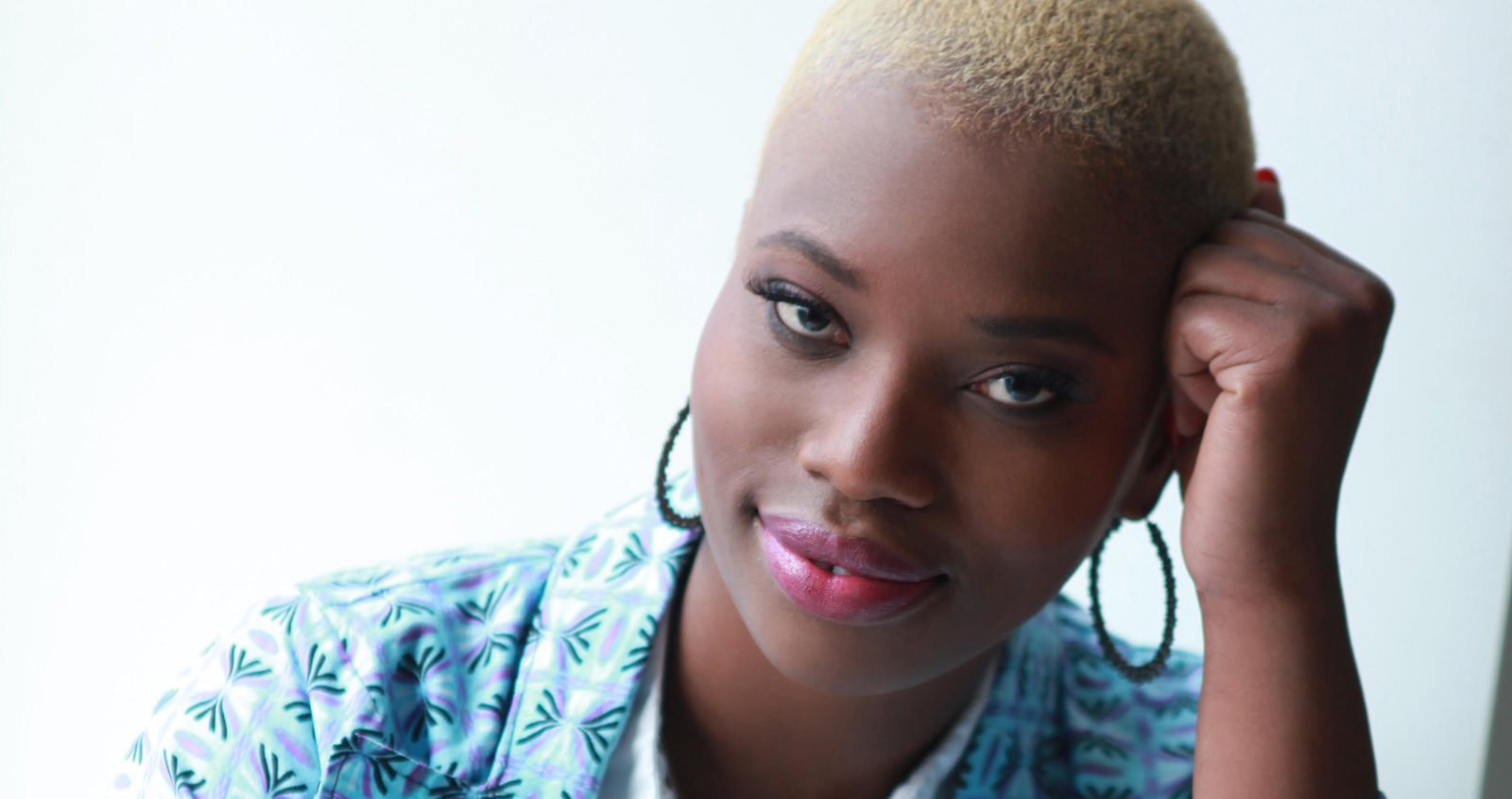
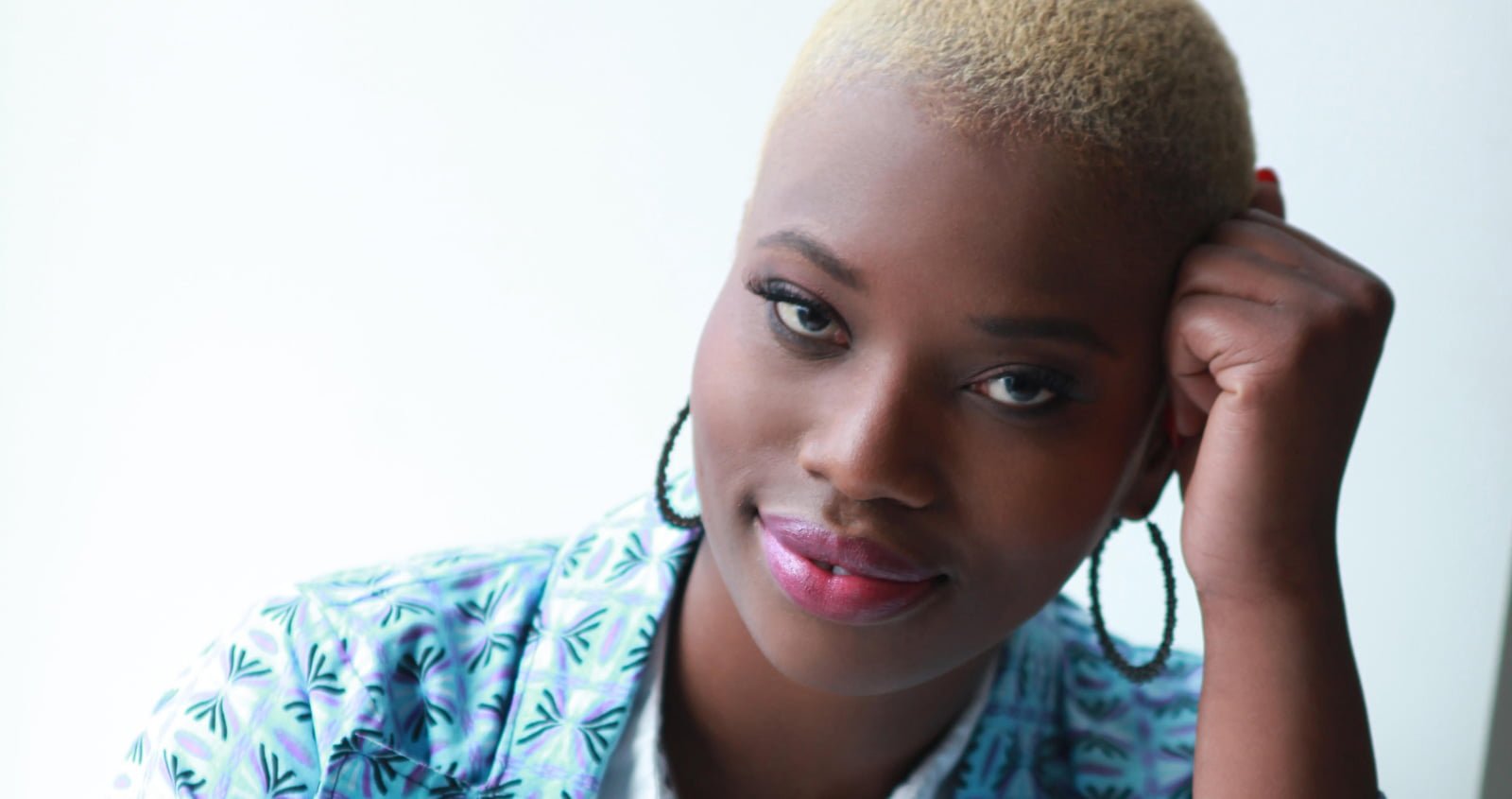
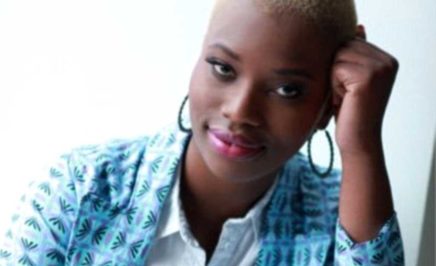
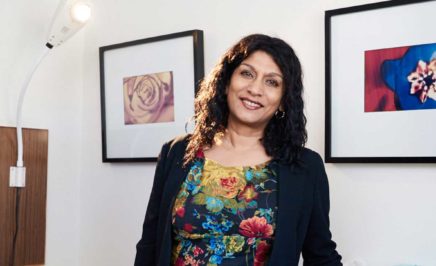
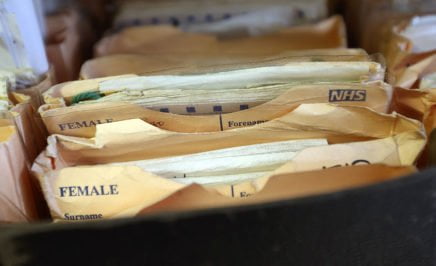
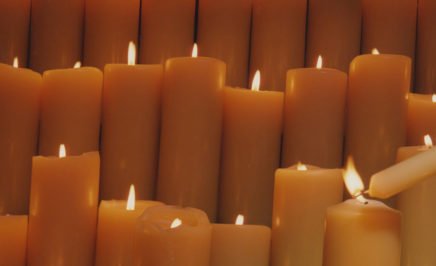
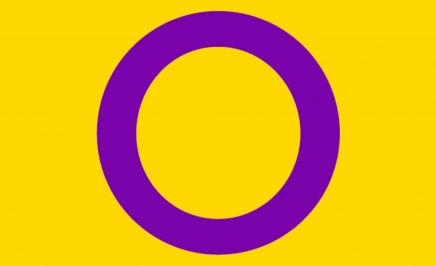
What supporters are saying